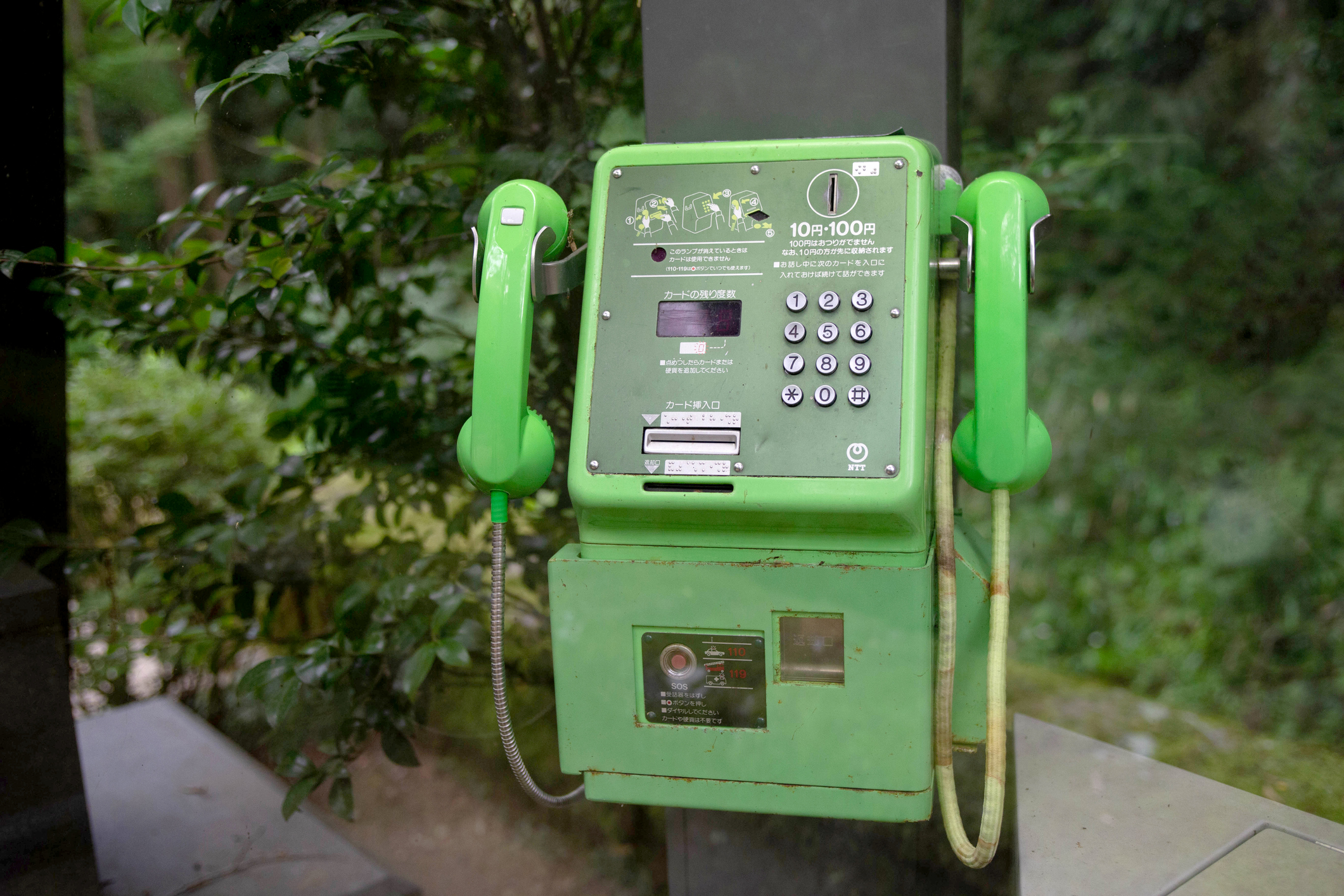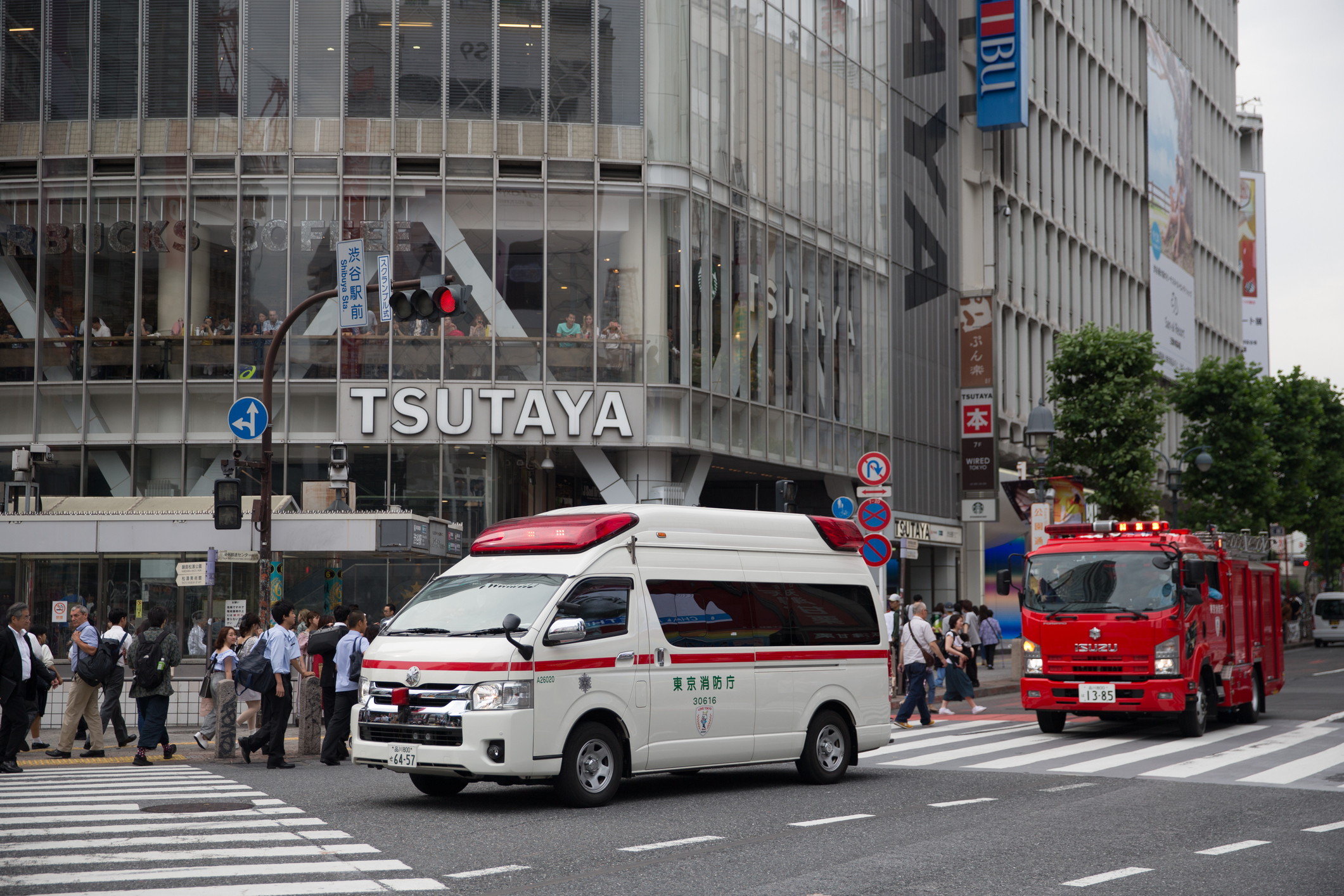Japanese Decoded: Easy Japanese For Emergencies
Essential Vocabulary To Handle Emergencies In Japan
Although Japan is considered a relatively safe country in terms of crime, emergencies and disasters can of course happen. Here are some basic Japanese phrases and patterns you can use when in a dangerous situation, and that could help you save a life.
Calling For Help
In Japan, there are three phone numbers to dial in the case of an emergency.
If you need to report a crime or join a police officer, you need to dial 110. If the crime or accident you witnessed was at sea, you need to call Japan Coast Guard using 118. Lastly, if you want to make an emergency call in Japan for an ambulance, dial 119, the one situation we are focusing on today.
Keep in mind that you can still reach emergency numbers even if you don’t have a SIM card, using the emergency call option on your screen. In Japan, you can also use public phones—green phones available everywhere— without having to insert coins for dialing those numbers.
Joining An Emergency Operator
The operator will answer and try to assess the situation you are in by asking you: 火事ですか、救急ですか? (Kaji desu ka, kyuukyuu desu ka?,“Is it an emergency or a fire?”)
Here, you will have to help him or her by stating the situation you find yourself in. Either way: 火事です (Kaji desu, “It’s a fire”) or 救急です (Kyuukyuu desu, “It’s a medical emergency”).
Explaining The Situation
The dispatcher might then ask you what has happened:どうしましたか? (Dou shimashita ka?, “What happened?”)
We gathered essentials words and sentences for you to explain every kind of situation you could be in. Nobody wants to have to use these words one day but it’s always good to have a cheat sheet in your wallet or better, memorize them in the case you would be needing them.
| Japanese sentence | Pronunciation | English translation |
| けがです | Kega desu | I’m injured |
| 病気です | Byouki desu | I’m sick |
| 交通事故です | Koutsuu jiko desu | There’s been a traffic accident. |
| 胸が苦しいです | Mune ga kurushii desu | I’m having difficulty breathing |
| 意識不明です | Ishiki fumei desu | (Someone) is unconscious |
| 高熱です | Kounetsu desu | (I have) a high fever |
| 出血です | Shukketsu desu | (Someone) is bleeding |
Transmitting Essential Information
To help you, the operator will need to know your name, address, and phone number. Here, you can say:
…です。 (…desu, “My name is…”)
住所は…です。 (Juusho wa…desu, “My address is…”)
電話番号は…です。 (Denwa bangou wa…desu, “My phone number is…”)
Even if you’ve only recently arrived in Japan, it’s essential to memorize your address and phone number in Japanese, as these things come in handy in many everyday situations. If you have trouble saying or memorizing it, keep a paper with this information written in Japanese in your wallet.
Finally, if you need someone’s help to make an emergency call for you, this simple phrase can be used:
…を呼んでください。 (…o yonde kudasai, “Please call…”)
Combine with anything you need to finish up your request. For example:
医者を呼んで下さい。 (Isha o yonde kudasai, “Please call a doctor.”)
救急車を呼んで下さい。 (Kyuukyuusha o yonde kudasai, “Please call an ambulance.”)
警察を呼んで下さい。 (Keisatsu o yonde kudasai, “Please call the police.”)
消防車を呼んで下さい。 (Shou bou sha o yonde kudasai, “Please call the fire department.”)
For more information on different emergency numbers available in Japan and when to use each one, click here.
For more useful Japanese learning materials, including PDF cheat sheets and podcasts, please visit Learn Japanese Pod.













